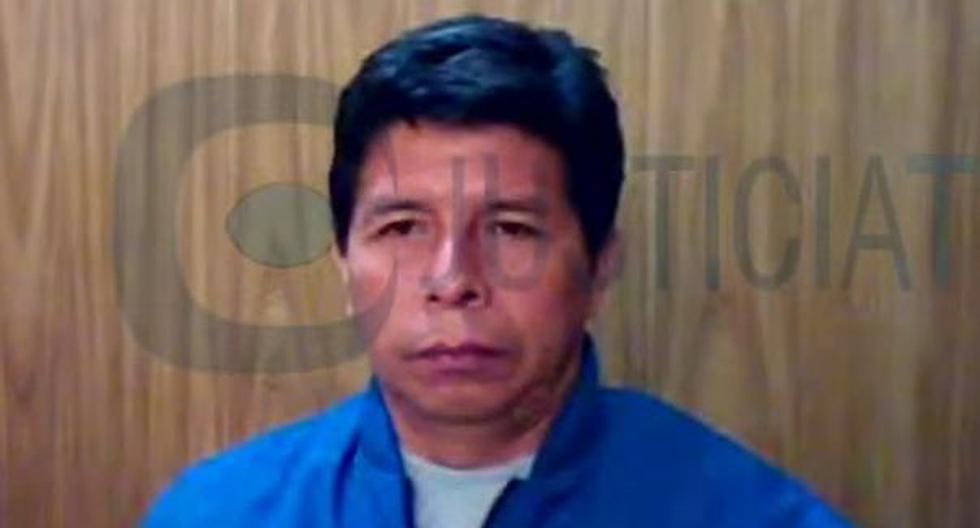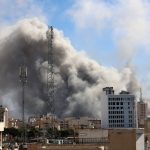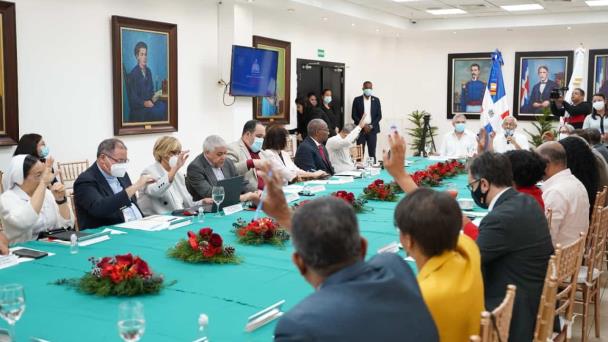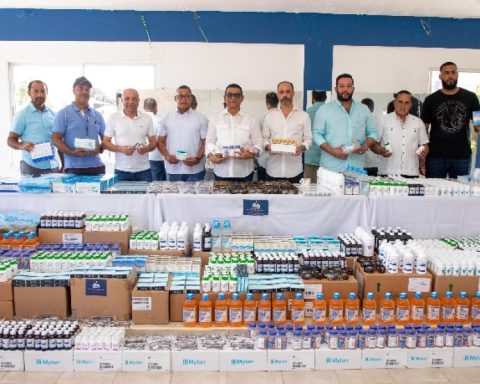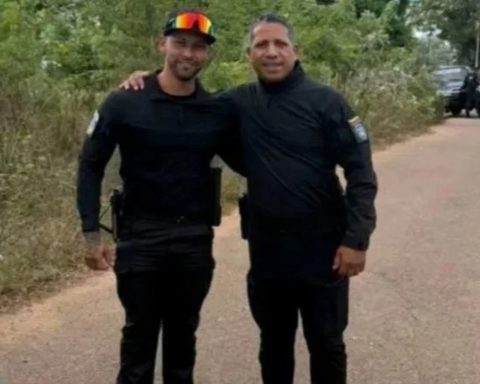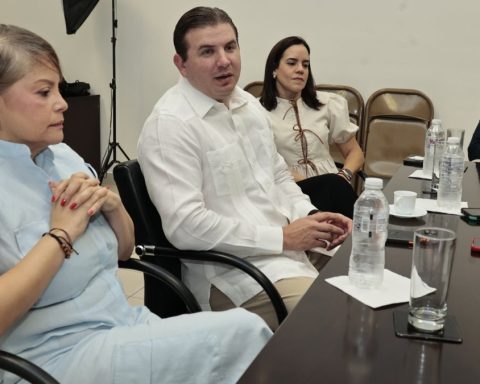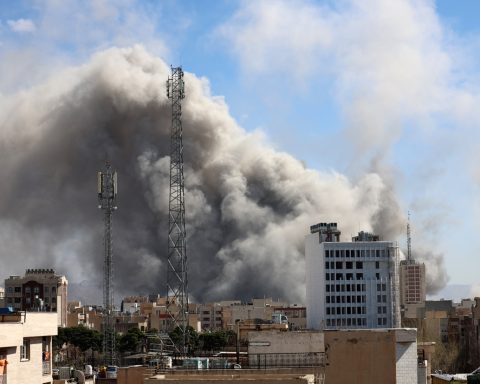The Ombudsman reported that he made a supervision visit this Monday to the Directorate of Special Operations of the Peruvian National Police (PNP), the place where the former president of the Republic is in preliminary detention, Pedro Castillo Terrones.
At the end of the management it was possible to verify that the ex-president, detained by court order of the Permanent Criminal Chamber of the Supreme Court of Justice of the Republic, receives adequate treatment, in accordance with what is regulated in the legal system, with no evidence of a violation of their rights as a detained person, for five days.
It was found that the former head of state is in the custody of the PNP Special Operations Directorate (Dinoes). For this purpose, environments have been conditioned consisting of a room, an adjacent room with a table and four chairs, and a complete bathroom with permanent drinking water supply..
The Dinoes police authorities provide him with food three times a day, allowing his immediate family to also provide him with foodin a complementary way.
According to the information collected by the defense commissioners, Castillo Terrones has been receiving continuous visits from his family, congressmen, social leaders, lawyers and even friends. Registering a total of more than 139 visits since he entered the police headquarters.
It has also been learned that the detainee has not reported suffering from any disease, except for the use of a medicated hearing aid. The security of the former president is in charge of police officers, including officers and non-commissioned officers, exclusively dedicated.
It should be noted that representatives of the Ombudsman’s Office, headed by the head of the Program for Persons Deprived of Liberty, Carlos Fernández, went to the aforementioned police headquarters, in order to verify his conditions of detention and meet with him; However, through Congresswoman Betsy Chávez, she stated that she would not receive them. When reiterating the request, he indicated to the police officer in charge of his custody, his refusal to speak with the representatives of the institution.
